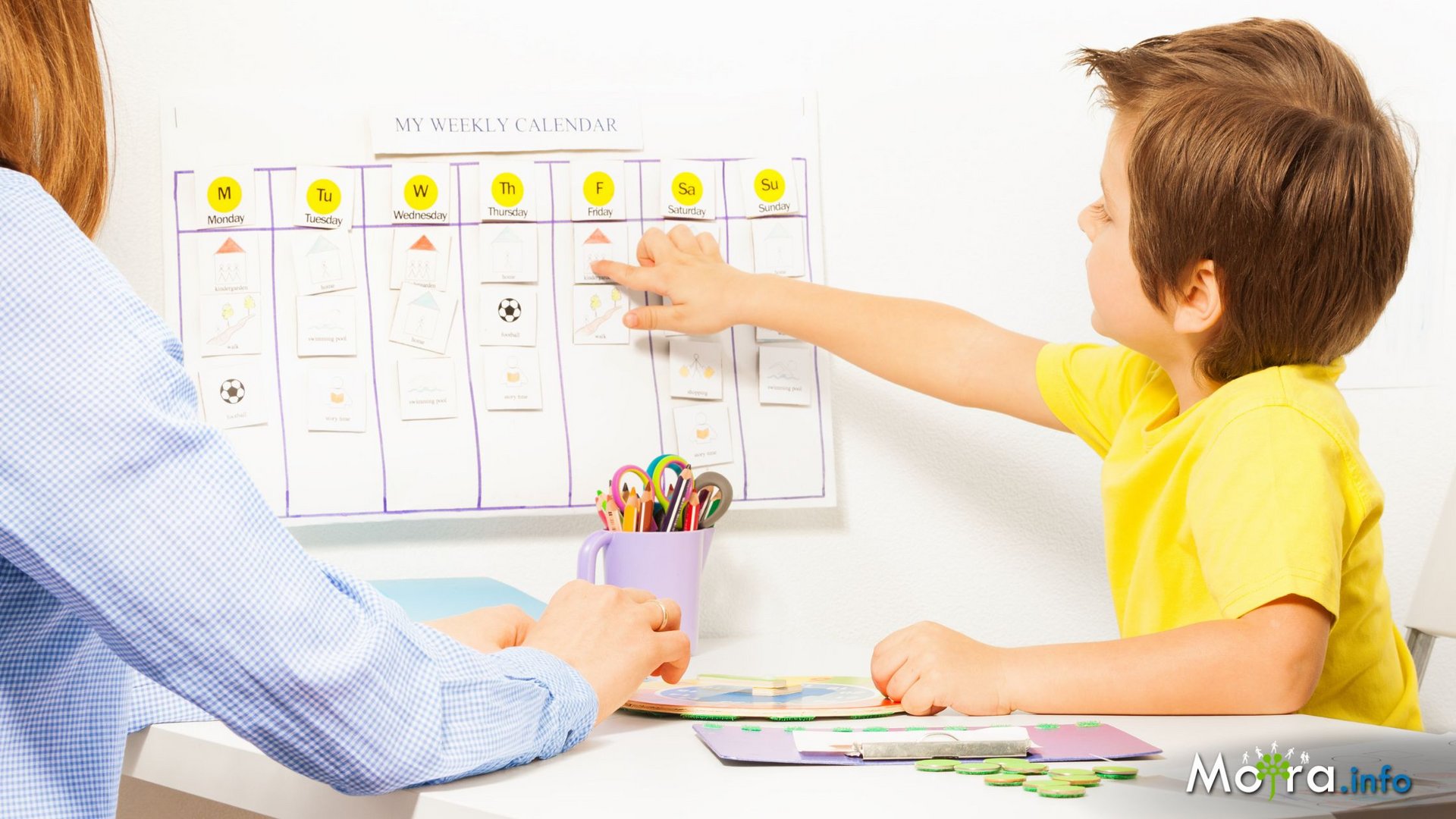Author: Psychological Counseling | Women's Alcohol Dependence | How to Help a Female Alcoholic | Support for Women with Alcohol Dependency
We can still consider alcohol as the number one drug. In my opinion, alcohol dependence is still talked about very little. The impacts of alcohol on human health are incomparably worse than other dependencies. Alcoholism can be ranked third among the causes of death, right after cardiovascular and oncological diseases.
(Mgr. Viera Škopová, psychologist at MOJRA counseling)
Dependence on alcohol and other drugs is a disease, but we are not only talking about a disease in the usual clinical sense. It involves a whole spectrum of disorders and risky behaviors that affect a person in the social context in which the dependent lives. A person functions in the surrounding world, fulfills their needs, and transforms the world around them while also shaping themselves. Each of us occasionally suffers from frustration regarding the overall meaning of life, encountering obstacles or other life moments. Alcohol is one of the ways people, under the influence of certain mechanisms, try to amplify their life forces in a fictional way.
When consuming alcohol, certain changes occur on a bio-psycho-social and spiritual level. Alcohol seemingly helps achieve goals faster, reaching immediate results in a primitive way. Alcohol also stimulates one of the fundamental human needs such as self-realization, sociability, and camaraderie.
Alcohol is a part of our society and has become an attribute of social life. On one hand, alcohol brings problems, but many people associate alcohol consumption with a pleasant social event, improved mood, entertainment, easy conversation, and making new friends.
Women alcoholics
Addiction doesn’t just affect women on the fringes of society; it can be doctors, lawyers, mothers, and more. The dual role of mother/wife at home, along with a career and work responsibilities, brings double the responsibility, stress, anxiety, and demands. In such cases, alcohol provides relief and escape.
However, drinking as a reaction to problems ranks low among the causes of alcoholism. The most serious issue is that in our culture, drinking alcohol is simply considered normal, sometimes an inseparable part of life. Moreover, we find ourselves in challenging conditions, and not everyone knows how to cope with difficult situations.
With alcohol, it’s not so much about how much one drinks but what alcohol does to a person in the bio-psycho-social dimension.
For women, drinking alcohol alone is more typical in difficult life situations, depressive stages, and periods of anxiety. Often, this is combined with medications that have a sedative effect. Sometimes living with an addicted man is a significant psychological burden for a woman, increasing the risk that she too will develop problems with alcohol. Women under the influence of alcohol are often subjected to violence. Life with alcohol is a vicious cycle, which gradually accelerates into a “dark life” where the only motivation is to drink!
Society often condemns and looks down on women who indulge in alcohol. Children and partners are sidelined in terms of needs, motivation, and interest. It is crucial to view addiction as a change in the motivational system. Drinking becomes more important than anything else, and in addiction, the family is on the periphery of the addict’s needs. It is a disease, and unfortunately, it is difficult to determine when addiction began. Drinking, socializing with friends, family, social events—sometimes regular drinking becomes a “tradition,” and for some, it progresses into the disease of addiction.
Family and addiction
The primary reason someone decides to fight addiction, whether through voluntary or involuntary treatment, is usually due to problems within their family and work. Subsequently, health, mental, and physical issues also become factors. Looking into the family, addiction appears as a visible sign of the destructive influence of alcohol, affecting not only the individual but also every member of the family.
Within the family, we can observe phases caused by alcohol:
- Initially, there are excuses, denials, and trivializations. It's as if the family members don't want to acknowledge that there is a problem.
- Later, the family becomes aware of the problem and tries to resolve it on their own. One partner makes excuses and denies the other partner's problem to maintain the appearance of a normal relationship. Sometimes the partner leaves, threatens to leave, but often comes back. They try to communicate and negotiate. Sometimes a divorce is requested, but most partners hope for change.
- There is a lack of consistency, despair prevails, and there are ineffective forms of help that fail to eliminate the addiction and restore "normalcy".
- Initially, the family suffers greatly, leading to a breakdown and isolation from society.
- The family eventually reintegrates into society, but without the alcoholic partner, significantly distancing themselves from them.
- If the problem persists, the partner starts seeking help and understanding from close friends or family.
- With help and support, the family can recover and restore the balance of the "healthy part" of the family without the addicted partner.
- If the partner undergoes successful treatment and cooperates, the family undergoes a new reorganization with the addicted partner. This phase is very challenging for the partner. They create new bonds that were deformed by the addiction. This is a demanding period and requires the ability to adapt to new conditions, a new family balance where both partners must change and work on themselves and their relationship
Children in the Family of an Addict
A child in an addict's family is often pushed to the sidelines, protected, and sometimes shielded from realities that ultimately harm them. The partner tries to fight the problem alone, hiding or outright denying it to avoid hurting the child. However, it is crucial to talk to children about the issue. Children are sensitive, perceptive, and often recognize the problem sooner than expected. Communication with the child should be age-appropriate, helping them process cognition and emotions with the support of a parent or close person.
Hiding and ignoring the problem only deepens thoughts and emotional experiences, potentially leading the child to take on guilt. The child might believe they are the cause of the problem without any direct reasons.
The partner who can no longer cope may become resigned, indifferent, angry, contemptuous, and distanced. Children go through similar phases, experiencing emotions like hatred, shame, disgust, anger, and sadness.
A child in an addict's family faces inconsistency and unpredictability from the alcoholic parent. The sense of security and safety vanishes. The child cannot develop properly, suffering emotional and sometimes physical abuse, leading to trust issues and anger directed at the other parent. The sober parent may become more stressed, impatient, and controlling, while the alcoholic parent retreats into their "bubble".
A child has needs at any age, and ignoring these needs causes suffering, fear, shame, and often social isolation. Conversely, social groups may become a refuge, potentially leading to high-risk behaviors.
Addiction can affect anyone. Self-reflection and the inter-individual structure of personality are essential. Those with a foundation of security and self-trust from early childhood, who find fulfillment and can handle conflicts, injustice, hectic periods, or controversial life situations rationally, can lead a fulfilling life.
Alcohol affects all social strata. It cannot be pinned to a specific or marginalized group. Addiction is not limited to those with low education. The process of overcoming addiction depends significantly on higher cultural levels, self-reflection, and the social context in which a person lives. These factors facilitate the decision to seek treatment.





























Enter your comment.